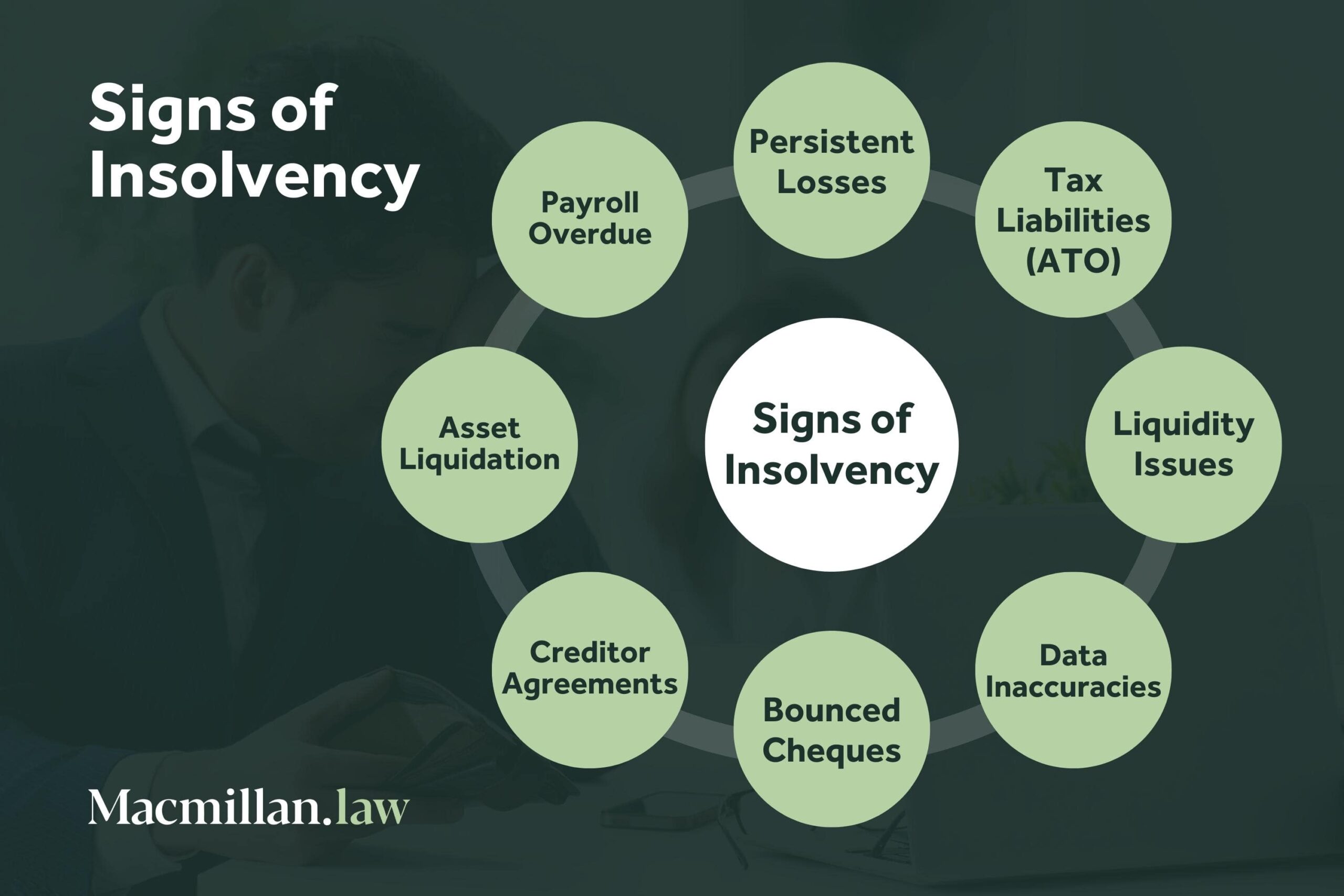Insolvency Practitioner for Beginners
Insolvency Practitioner for Beginners
Blog Article
Get This Report on Insolvency Practitioner
Table of ContentsThe smart Trick of Insolvency Practitioner That Nobody is Talking AboutSome Known Incorrect Statements About Insolvency Practitioner Insolvency Practitioner Fundamentals ExplainedThe 45-Second Trick For Insolvency PractitionerThe 8-Second Trick For Insolvency PractitionerOur Insolvency Practitioner StatementsSome Known Questions About Insolvency Practitioner.
Bankruptcy is when liabilities are more than the value of the company, or when a borrower can not pay the financial obligations they owe. A company can come to be insolvent as a result of a number of circumstances that lead to inadequate cash circulation. When faced with bankruptcy, a service or person can contact lenders straight and restructure financial debts to pay them off.Company owners may get in touch with creditors directly and restructure debts into more convenient installments. Lenders are generally open to this method because they desire to be paid off and prevent losses, also if the settlement is on a postponed routine.
How Insolvency Practitioner can Save You Time, Stress, and Money.
The owner produces a proposition detailing how the financial debt may be restructured utilizing price decreases or various other plans for assistance. The proposal shows creditors how the business might produce adequate money flow for lucrative procedures while paying its financial obligations. Commonly, a forgiven debt might be taken into consideration revenue by the Irs (INTERNAL REVENUE SERVICE).

5 Easy Facts About Insolvency Practitioner Shown
When operations cease, so does the company's income (Insolvency Practitioner). Some companies end up being bankrupt since their goods or services do not advance to fit consumers' transforming needs.
Expenditures go beyond revenues and bills remain unpaid. Cash-flow insolvency takes place when a firm has the properties to cover their debts however they are in the wrong kind, such as genuine estate instead of liquid funds. Balance-sheet insolvency, on the various other hand, shows an absence of properties in any type of type to cover financial obligations.
The IRS states that an individual is bankrupt when the overall liabilities go beyond total assets. A insolvency, on the various other hand, is an actual court order that portrays how a bankrupt person or business will certainly pay off their creditors, or exactly how they will certainly offer their possessions in order to make the payments.
Insolvency Practitioner for Beginners

Comprehending the aspects that can result in insolvency, such as overspending, can help you prevent insolvency and its consequences.
Our Insolvency Practitioner Diaries
It is well recognized that supervisors and policemans of firms (and managers of limited responsibility companies) owe fiduciary duties to their organizations and their shareholders (or members). These fiduciary responsibilities are specified by state statutes and, though there are variants from state to state, they typically consist of a duty of commitment and an obligation of care.
The obligation of care needs directors and officers to exercise diligence, to make informed choices, and to act in great faith to make sure that their site link actions are in the ideal passion of the firm. Though past the range of this discussion, some states enable these obligations to be restricted either by so noting in the business this article files or abiding by other requirements.
The Main Principles Of Insolvency Practitioner
Most states define insolvency in two ways( 1) when a firm's obligations come to be more than the sum of its possessions or (2) when the firm comes to be unable to pay its debts as they come to be dueand accept both meanings (Insolvency Practitioner). The shift in obligations happens since when a firm is bankrupt, there is no value in the company past that owed to the business's lenders to ensure that the equity owners no longer have a financial stake in the firm
Be mindful concerning giving shareholders special therapy at the cost of lenders (e.g., accrediting and moneying a returns or a supply redemption). Be mindful concerning favoritism in between courses of shareholders. Clear up initiatives to find out all the truths prior to taking a certain strategy; supervisors should genuinely think that any kind of choices made remain in the most effective passions of the corporation in its entirety (i.e., decisions will certainly be examined in knowledge due to the result of such activities on the company).
In any type of personal bankruptcy or bankruptcy proceeding, settlements made to certain creditors at the cost of other creditors can be clawed back, especially if there is some link between the business and the lender. Consider recommending at a yearly stockholder meeting (or any kind of various other meeting of stockholders) a resolution affirming that all prior organization choices and actions taken by the supervisors and policemans of the corporation were taken in excellent faith after an exercise of affordable treatment.
The Facts About Insolvency Practitioner Uncovered
Fully divulge any personal or company connections with parties on the other side of transactions entailing the company to prevent the look of a conflict of rate of interest. In reviewing possible fund elevating transactions or a sale of properties of the troubled company, know that these purchases might be inspected later in light of any kind of subsequent development of supervisors' fiduciary responsibilities to consist of creditors.
Report this page